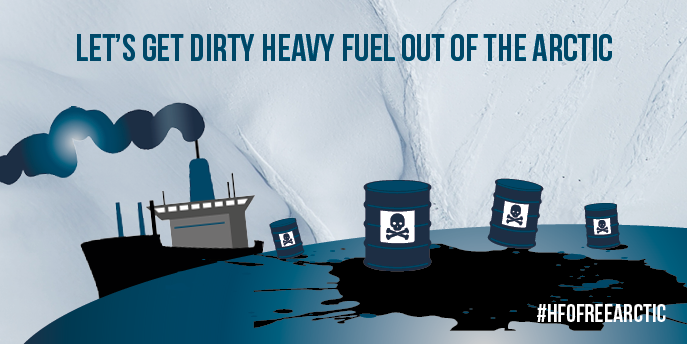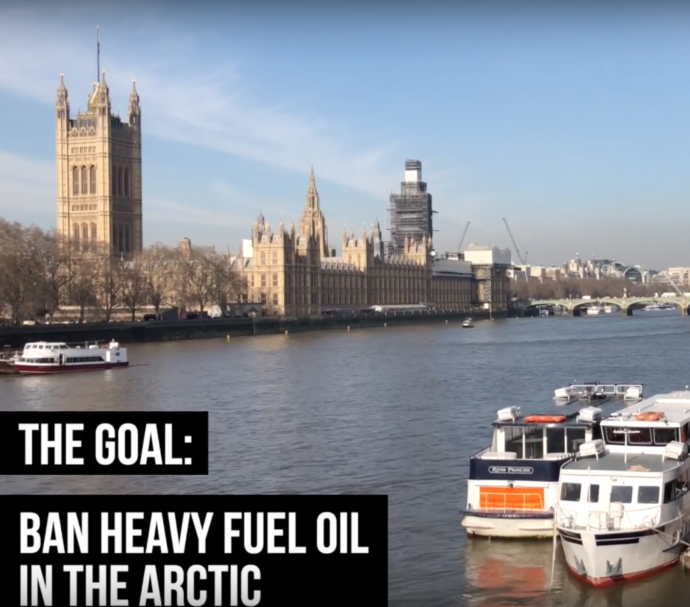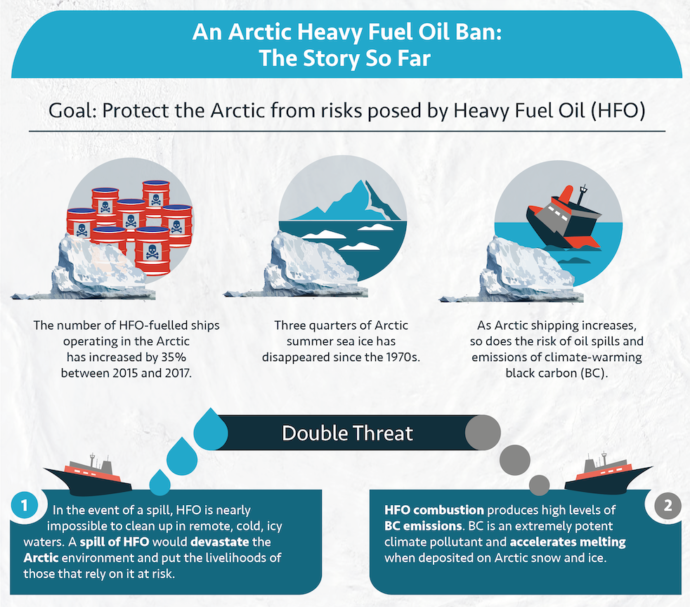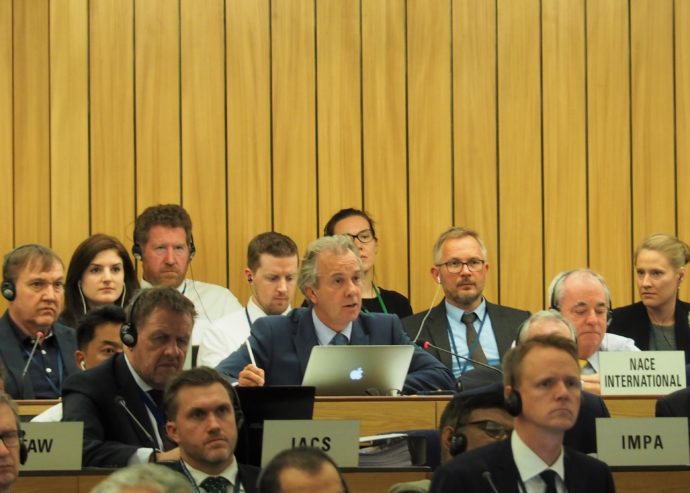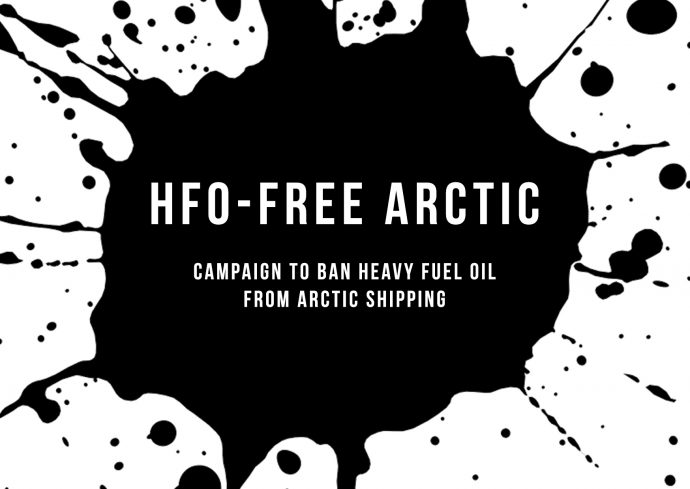Manifesto Calls on Iceland to Take Arctic Council Leadership on Black Carbon Emissions
As this week’s Arctic Council Ministerial Meeting opens in Rovaniemi, Finland, the Clean Arctic Alliance has released a manifesto urging Iceland, which takes over the chairmanship of the Arctic Council, to demonstrate global leadership with respect to threats facing the Arctic region.

